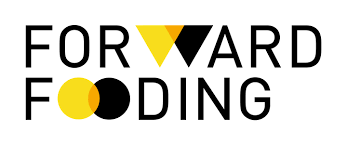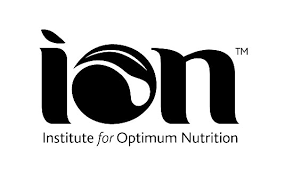02/05/2023
Meet Michelin Green Star Chef Chantelle Nicholson
One of the superstars in the UK’s hospitality industry is multi-award-winning Chantelle Nicholson, Chef Owner of Apricity, that just received its Green Michelin sustainability star a year after opening.
At Apricity on Duke Street in Mayfair, everything has been considered in minute detail for a beautiful, harmonious, more sustainable bigger picture: it is a social endeavour underpinned by a circular economy with hyper-seasonality and sustainability at its core.
In a conversation with Ambassador of Women In the Food Industry, Antonia Lloyd, we discover more about the exceptional benchmark Chantelle is creating for restaurants today.
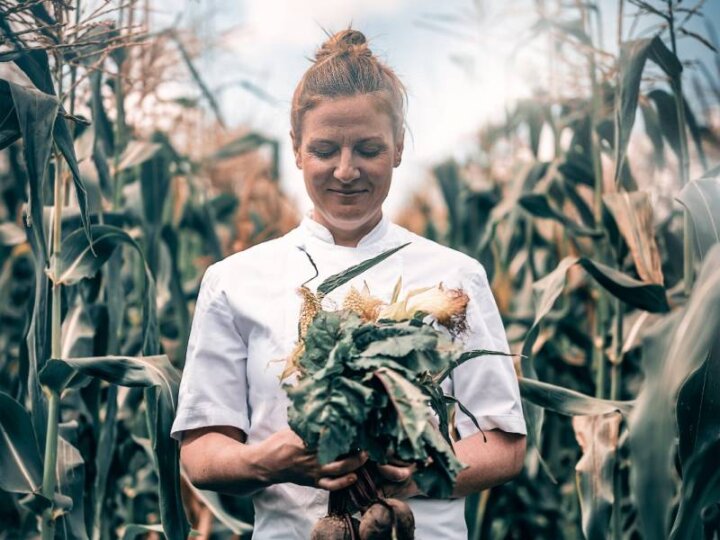
How did the concept for Apricity, which means warmth of the sun in winter, come to light?
A lot of those principles came from growing up in New Zealand surrounded by amazing produce, being in nature and really being connected to where food came from and how it got on my plate. In London, after Tredwells became my own (in 2018) I considered moving it but then the pandemic happened. For the first time in 16 years I had time to reflect, that was when I realised this was the chance to change things. I tested the water with the ‘All’s Well’ pandemic pop up in Hackney and that’s when the bones of it started to form.
How did growing up in NZ shape you?
We always had a vegetable garden. Seasonal eating was just what we did. We were so isolated (in NZ) and didn’t really have much imported food. I remember literally getting really excited about the first asparagus of the season and the very sweet sweetcorn. My aunt and uncle had a stone fruit orchard, so every second summer we went there and worked. I had that exposure to growing in nature and how hard it is -one year the hail storm would come to the cherries and be ruined. What do you do? I remember once at the end of winter, in the middle of the night, the frost alarms went off and they’d manually light fires and fan them rather than use the windmills and helicopters they have now.
You only work with suppliers aligned with your ethos who are passionate about re-use, soil regeneration and agroecology. What’s your process with growing your list of suppliers and farmers?
We have some suppliers that we’ve worked with for over 3 years. We’re constantly adding as we face new challenges. A big one for me was finding PFL dairy (pasture for life, 100% pasture fed dairy). I’m a member of the Pasture for Life Association and when I asked the Chairman if we could get dairy in a pail, he put me in touch. It works through relationships, it’s much more circular and about: how can we work together? How can we support you? Rather than saying, we want 20 rib eyes, we ask them what have you got this week and what’s good?
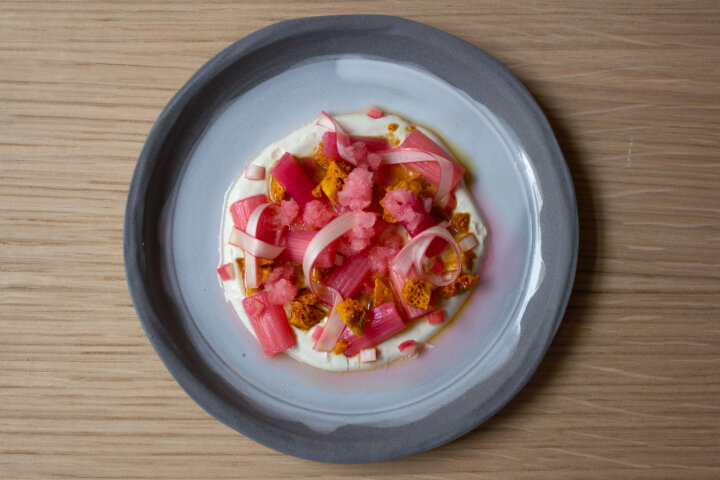
How does your low waste ethos feed into your menus?
Our menu is pretty tight – we have a 5-course and a 7-course menu with everything coexisting together rather than it being a myriad of very different things. We follow the cyclical nature of the seasons and I forage at the weekends. We react to suppliers and aim to literally find a way to use most things. We get whole carcasses or half carcasses so we can use all the trim. We would never order prime cuts on their own. We make what we call wasted crackers from old crusts of bread. We use a lot of cauliflower stalks and leaves, but when we hit a big stockpile, my head chef juiced them all and made a kombucha out of the juice, which was delicious. There are a few no go things avocado being one of them. We try not to use any citrus unless we can get it from the UK.
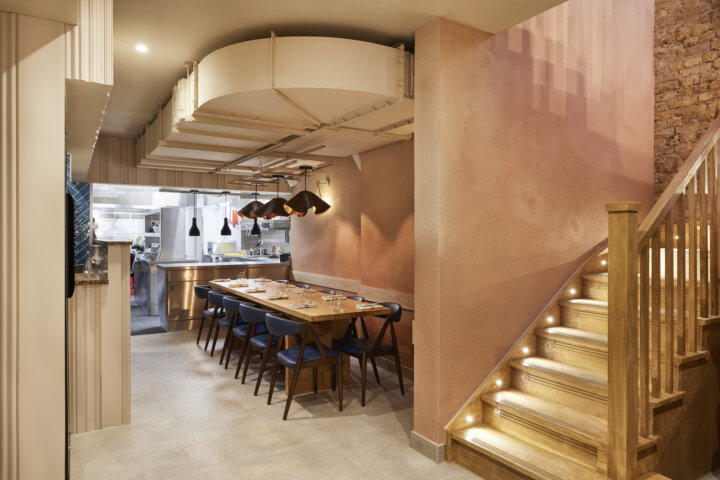
What has been hardest thing to implement for a sustainable future and what has been most ground-breaking?
We’d achieved clingfilm free for 2- 3 years from Tredwells so this was already happening. Packaging and eradicating it – particularly from what comes in- is probably still the most challenging. I think the most ground-breaking has been QR code digital menus. (Whilst the best way to avoid the paper output and printer space, it means that) we can change the menu within 20 seconds and adapt very quickly for hyper -seasonality. We can update for seasonal produce as it changes, or if there’s an unexpected on-the-day change from a small supplier, and even during service as portions run out without drawing on our most precious resource: people.
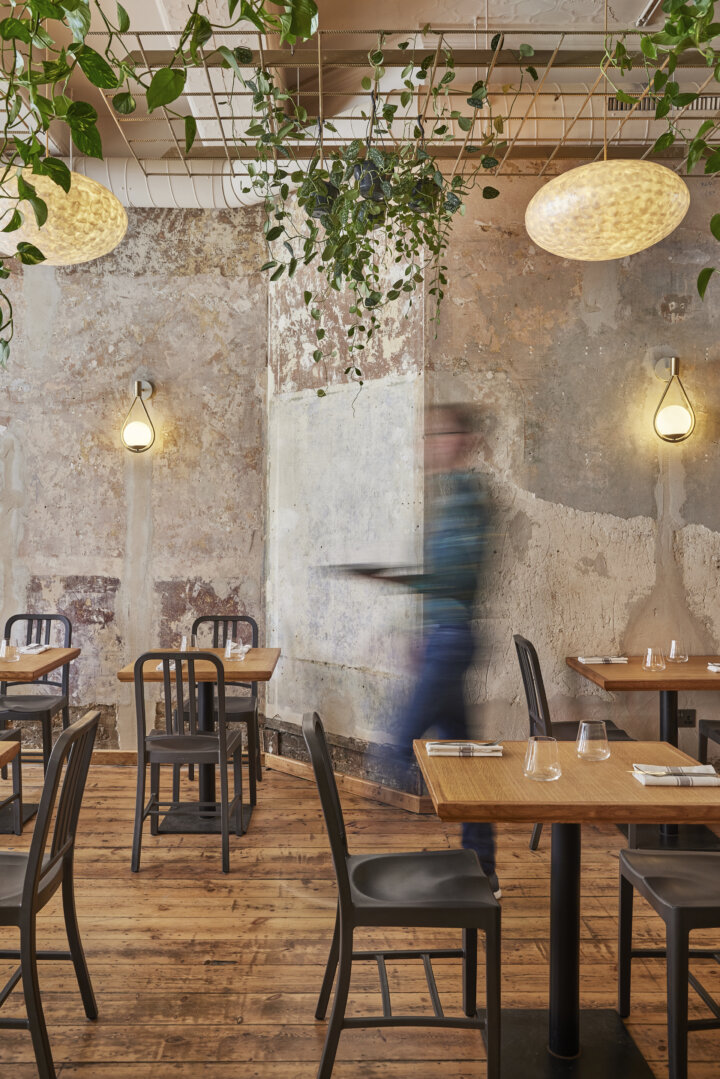
The design of the restaurant mirrors your ethos too– how important was this to you?
The designer and I were really engaged in the circular economy and had a vision. We had to work with the contractors to get them on board which was a challenge at first. One of the best examples was the feature wall that’s been made out of the old salvaged original staircase . Rather than waste the wood, one of the guys stood there and chopped odd-shaped pieces of timber for an internal feature wall– it was like a game of Tetris! By the end of it, everyone was really into it. We have chairs that are each made of 111 recycled coca cola bottles preventing the plastic going into landfill; the lamp shades over the chef’s table are made from recycled coffee grounds; and the hanging lights are from cut oyster shells (making use of waste food products).

You obtained a Green Michelin star at Tredwells in 2021 and now at Apricity in 2023. How did it feel to have this recognition not just once but twice?
It’s affirmation really to the team that this is why we do everything we do, it’s a tangible thing to be proud of. Rather than just saying, we do this and we do that. It’s actually something that is engrained and endorsed.
What do you think are the most accessible learnings to be shared with other restaurants?
Separate your waste so that you’ve got your food waste separated from your recycling. Considering the amount of energy that goes into recycling, that should be our last resort- if you can reuse and repurpose, that’s by far the best option. Financially, if you’re making things from ingredients that normally would go in the bin, then you’re making profit. No cost at 0 cost. Obviously labour cost is the big one. Once you start, it becomes a habit.
What would your advice be to women starting out in the industry?
Try and work for good employers and use platforms that vet jobs like CounterTalk to find positions. We have an 80% female team in the kitchen and 70% across the board. There’s been a portrayal of the industry as being underpaid and having antisocial hours, I want to shout more about it being a great industry, offering great skills, variety and breadth.






